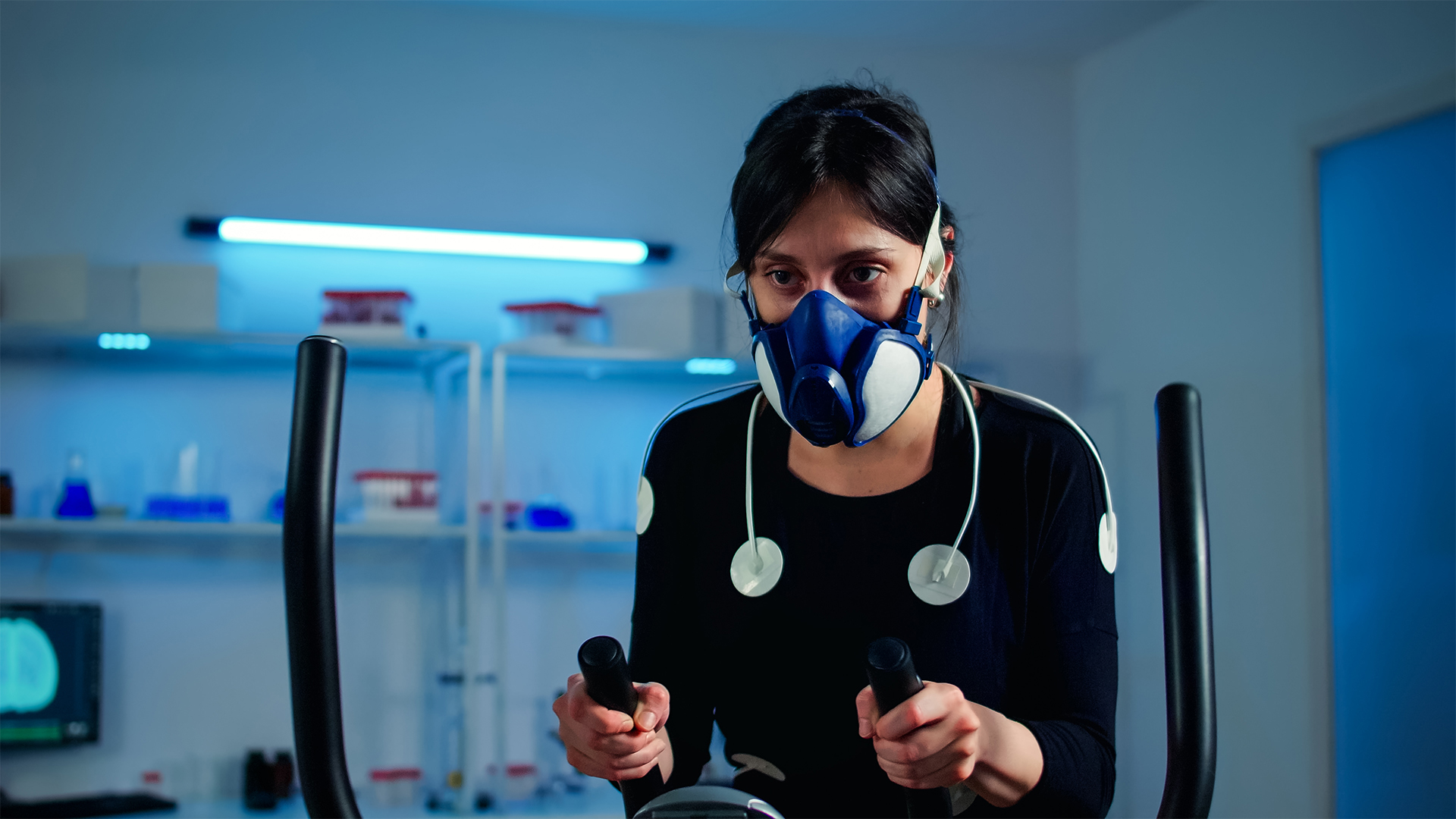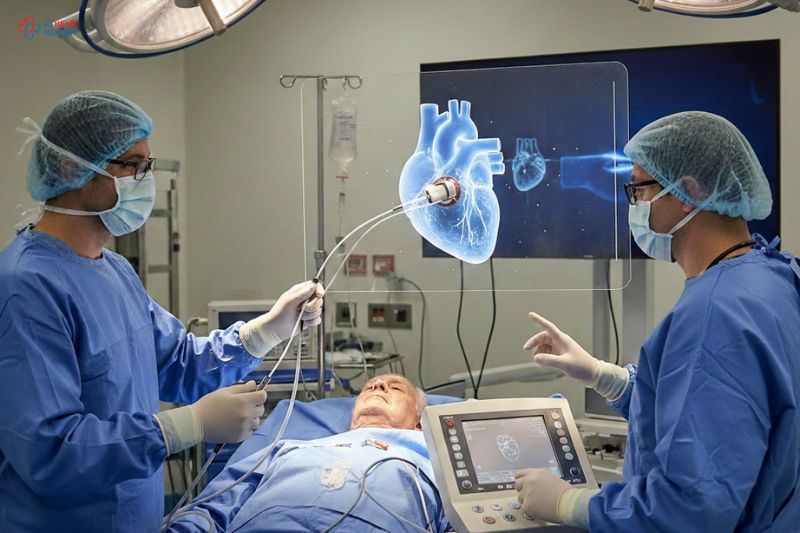Cardiac fitness is a term used to define the ability of our cardiovascular system to maintain adequate circulation to the organs while our body is undergoing the stress of surgery.
If the heart is healthy and functioning properly it can pump enough blood to the important organs like the brain and maintain the body’s functioning.
Why Should This be Assessed?
Many major surgeries require general or spinal anesthesia which is achieved by injecting drugs into our body or by inhaling anesthetic drugs. These drugs can affect the heart by suppressing the contractility and the rate of the heart muscle thus reducing the volume of blood pumped out of the heart. Also, these drugs dilate the peripheral blood vessels and cause low blood pressure. These two phenomena are together known as vasomotor suppression. Another major issue during surgery is blood loss which will cause low blood volume and therefore pressure.
Due to these conditions, the vital body organs like the brain kidneys, and the heart itself will not get the optimum blood supply to survive. The heart is therefor at risk of arrhythmias, myocardial infarctions, and heart failure during a surgery, owing to a plethora of complications.
Cardiac fitness assessment is conducted in order to verify whether our heart is healthy and functionally capable to adapt to these situations and maintain an adequate output despite the effect of anesthesia and blood loss.
Who Needs to be Assessed?
It is wise to assess the cardiac function in any patient undergoing surgery by some degree, however a comprehensive assessment is carried out in known patients with,
- coronary heart disease
- valvular heart disease
- cerebrovascular disease
- older patients
- atherosclerotic disease
Surgeries are Categorized into 3 Groups Depending on Their Cardiac Risk.
Low-risk surgery – cardiac risk is less than 1 percent
- ophthalmological
- head and neck
- prostate surgeries.
- Intermediate risk surgery – cardiac risk is less than 5 percent.
- major intraabdominal
- Intrathoracic
- major orthopedic
- major head and neck surgeries.
- High-risk surgery – cardiac risk is more than 5 percent.
- aortic repair
- peripheral vascular surgery
- prolonged surgery with major blood loss emergency procedures.

How is it Done?
Your doctor will question you about any existing cardiac symptoms and examine you to identify any heart disease. One major evaluation done is that of your functional capacity. It is a measure of your daily activity but objectively done in terms of metabolic equivalents (METs). For an instance, a person is considered of a low capacity if they cannot climb 2 flights of stairs (taken as below 4 METs).
With the guidance of this information, your doctor will carry out further testing. If the assessment puts you in a low perioperative cardiac risk you can undergo low to intermediate-risk surgeries upon only the clinical assessment.
What are the Available Tests
- Chest X-ray
Useful in patients with heart failure and respiratory conditions such as asthma or COPD.
- ECG
Should be performed close to the day of surgery. If any abnormalities are found they should investigate further before surgery.
- Echocardiogram
Can perform both resting and stress-induced echocardiogram. Resting echo performed to assess the degree of existing valvular heart diseases or to confirm the symptomatic valvular disease.
Stress echo is the preferred test to assess the left ventricular wall function and estimation of the ejection fraction in other words the functioning capacity of your heart.
- Evaluation of pacemakers and ICD
Devices of People already on such a device Should have been assessed within 3 months of the procedure. Any complications detected must be sent for reprogramming before surgery.
- Sleep study
Patients with obstructive sleep apnea should undergo this test to prevent arrhythmias and other cardiac complications during surgery. If test positive should be treated before surgery.
- blood tests
Although indirectly related to cardiac fitness it is still important to perform a full blood count (FBC), HbA1c, and coagulation studies. An FBC will reveal hemoglobin levels hematocrit and platelet count. HbA1c will give an idea about glycemic control which is a risk factor for coronary artery disease. Coagulation studies will predict the possibility of excess blood loss adversely affecting recovery from surgery.
References
- William K. Freeman R. Perioperative Cardiovascular Assessment of Patients Undergoing Noncardiac Surgery. PubMed Central (PMC). https://www.ncbi.nlm.nih.gov/pmc/articles/PMC2664575/. Published 2021. Accessed December 4, 2021.
- Bonaccorsi H, Burns B. Perioperative Cardiac Management. Ncbi.nlm.nih.gov. https://www.ncbi.nlm.nih.gov/books/NBK493196/. Published 2021. Accessed December 4, 2021.
- Guidelines for Preoperative Cardiac and Pulmonary Testing – UCLA Anesthesiology & Perioperative Medicine – UCLA Health, Los Angeles, CA. Uclahealth.org. https://www.uclahealth.org/anes/guidelines-for-preoperative-cardiac-pulmonary-testing. Published 2021. Accessed December 4, 2021.
- Heart Tests Before Surgery: When you need an imaging test and when you don’t. Choosing Wisely Canada. https://choosingwiselycanada.org/heart-tests-before-surgery/. Published 2021. Accessed December 4, 2021.



